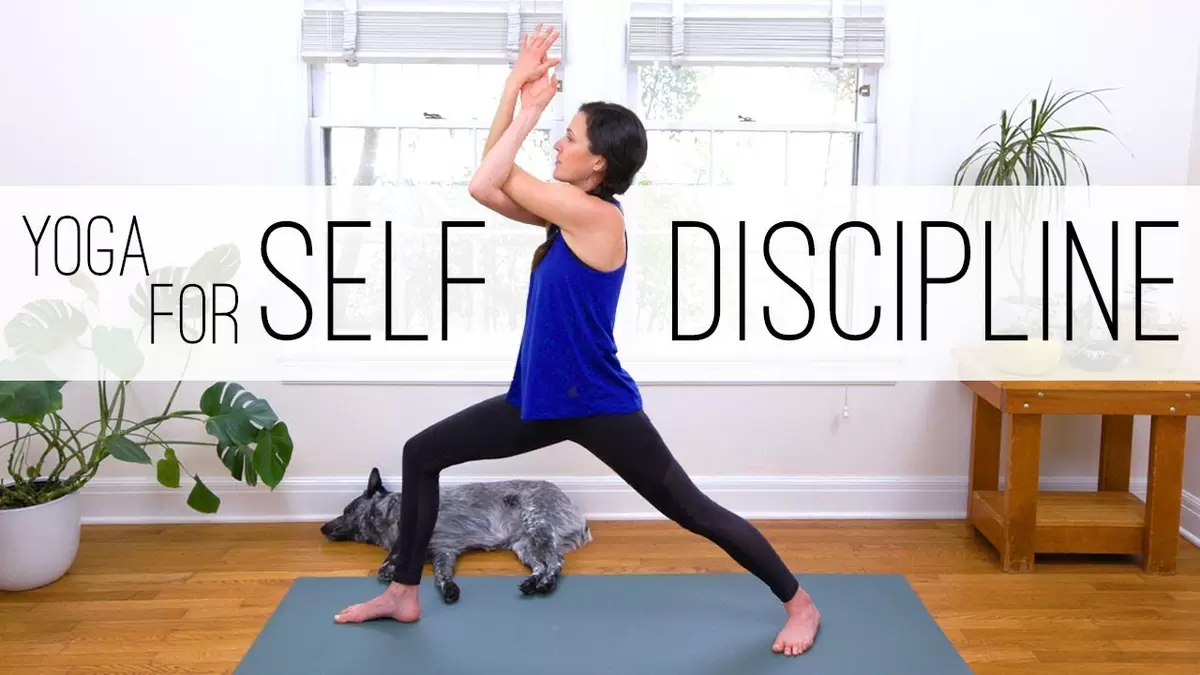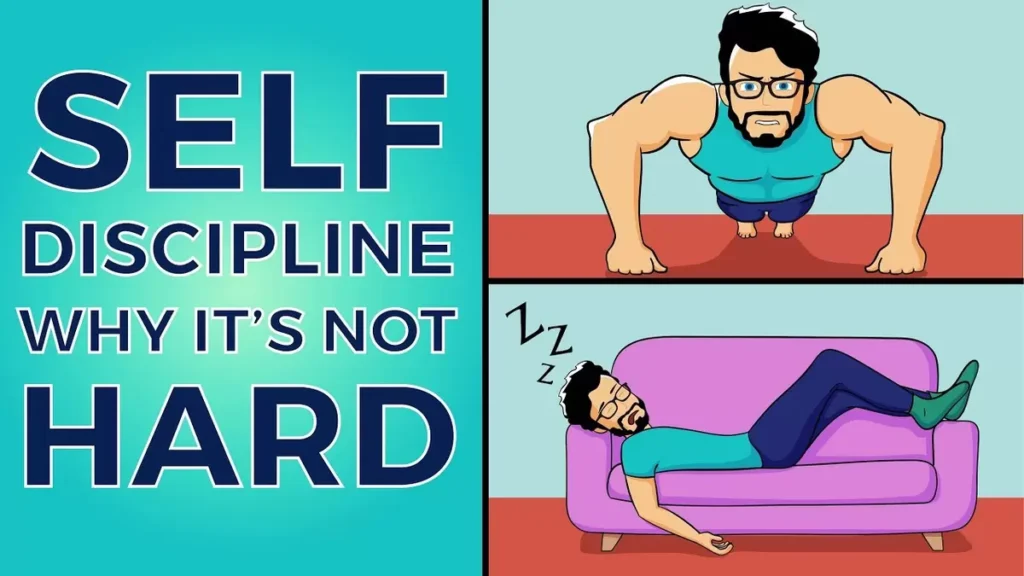How to Develop Self discipline determined effort over the long haul. Developing Self-discipline is crucial for success, yet building this skill requires effort. This extensive guide outlines science-backed strategies to help you better regulate behaviors and achieve goals.
While impacted by genetics and surroundings beyond individual authority, committed daily initiatives across pertinent topics can reinforce this important life ability. Key ideas discussed include self-discipline outline, influences on willpower like depleted self-control resources and strain, cultivating impulse management through pre-commitment and related techniques. Additionally, How to Develop Self discipline subjects of mastering emotions, achieving goals through determination, and backing self-discipline advancement were addressed to offer an extensive toolbox furthering self-discipline evolution.
By tactics like predetermination, temptation combining, and deferring gratification, constructing stronger authority over cravings can be realized. Supplementing this, applying insight such as longing reframing, portion management, forfeiting an all-or-nothing mentality, and emphasizing accomplishments rather than faultlessness advances purposeful conduct aligned with highest priorities.
Mastering emotions for How to Develop Self discipline necessitates skills like introspecting feelings non-judgmentally, disputing irrational perspectives, and managing pressure. Enlisting pastimes, restricting volatile contacts, and pardoning kindly aids sentiment sway no longer impairing willpower.
Support extends through outlooks like thinking advancement is attainable with practice rather than an immutable attribute. Notably monitoring triumphs, honoring small victories, restricting unfavorable impacts, and discussing aims supportively retains one accountable in the long term.
While impacted to some extent by innate traits and environment outside individual control, self-discipline betterment through persistent use of addressed techniques empowers improved restraint over inner impulses by means of lifestyle changes. Transferring ahead, refining approaches and tracking advancement unlocks tremendous unrealized possibility for shaping each instant.
Understanding Self-Discipline:
How to Develop Self discipline refers to “the ability to self-regulate impulses, emotions or tasks through conscious effort” . Having strong self-discipline correlates with:
- Better health – Reduced illness, longevity linked to disciplined habits.
- Success in school/career – Self-disciplined individuals earn higher degrees, incomes due to perseverance.
- Quality relationships – Regulating anger and frustration fosters closeness, cooperation more than impulsiveness.
Understanding Yourself:
Achieving lasting self-discipline begins with comprehending factors impacting willpower like:
- Personality – Conscientious personalities naturally exercise discipline better .
- Motivations – Understanding drives like health, family, career assists structuring priorities .
- Current habits – Identifying patterns forms foundation for pivoting behaviors.
- Emotional triggers – Regulating inclination, stress aids executing intentions.
Self-recognition allows crafting discipline-building tactics personalized for temperament and daily life responsibilities.
Starting with Small Wins:

Baby steps prevent burnout through accomplishing:
- Micro-goals – “I will floss daily” succeeds better than vague “improve oral hygiene”
- Celebrating wins – Noting victories reinforces continued discipline through enjoyment
- Finding what fits – Trying a pool of tactics identifies personally sustainable strategies
- Not getting derailed – Seeing transient slips without undoing advancement aids long-term self-discipline.
Incremental triumphs promote the belief that self-discipline, like muscles, develops through day-by-day practice.
Forming Helpful Habits – How to Develop Self discipline
Our behaviors result from cues and patterns we establish:
- Habit-stacking – Pairing behaviors aids performing multiple discipline habits simultaneously .
- Removing triggers – Limiting stimuli triggering current habits helps bypassing unwanted patterns .
- Accountability – Telling supportive peers about intentions increases discipline through follow up
- Minimizing Choice – Simplifying daily decisions preserves willpower reserves for significant matters
Shaping surrounding structure sets ourselves up for automatically exercising self-discipline regularly.
Overcoming Distractions
Developing Self discipline strengthens through strategically:
- Prioritizing key tasks – Executing most pressing responsibilities first maintains focus [16].
- Minimizing notifications – Limiting distractions by muting non-critical alerts prevents interruptions
- Practicing refusal skills – Politely yet firmly declining unnecessary commitments frees up willpower reserves
- Knowing limits – Understanding when exhaustion sets in helps avoiding burnout through self-care.
With wisdom and compassion, we can structure surroundings maximizing self-discipline.
Requesting Assistance
Additional support enhances willpower to Develop Self discipline :
- Joining communities – Accountability groups assist achieving aspirations together .
- Enlisting aid – Ask trusted friends and family respect wishes without judgment.
- Considering coaching – For persistent struggles, programs aid customized solutions .
- Being kind to yourself – Self-compassion motivates better than self-criticism during missteps.
FAQs -How to Develop Self discipline
Q: Is self-discipline only about saying no?
A: While resisting temptation is one aspect, it also involves properly organizing daily activities, priorities and habits through conscious effort over time.
Q: How long does it take to develop self-discipline?
A: Similar to forming any new habit or skill, strengthening self-discipline requires consistent practice of recommendations over weeks or months. Maintaining patience and continuing small efforts are important.
Q: What if lack of self-discipline feels like a character flaw?
A: Many consider self-discipline partly innate, but research shows it can develop through routines and perspective changes. Regarding missteps kindly allows refocusing energy on present goals.
Q: Does self-discipline conflict with enjoying life?
A: Strategies like allotting occasional planned indulgences, scheduling downtime and ceasing perfectionism about minor setbacks help self-discipline coexist with relaxation and fun.
Q: How can busy schedules accommodate self-discipline?
A: Even with obligations, priorities sorting, preparation and habit-forming can still subtly incorporate self-discipline cultivation like brief workouts or meal prepping on weekends.
Q: When should professional help be considered?
A: For persistent struggles impairing well-being despite tried recommendations, therapy or programs may assist customized solutions, especially regarding serious conditions.
Q: How to Develop Self discipline?
A: Personality impacts some tactics suitability, but all can benefit through self-knowledge, priority-setting, supportive accountability and lifestyle adjustments at an individually sustainable pace.
Conclusion: How to develop Self-discipline
Ongoing Self-discipline cultivation calls for diligent yet caring habits optimized according to self-knowledge and priorities. Progress unfolds gradually through small actions adding up.
Comparable to physical fitness, developing self-discipline requires devising strategies, habits and perspectives customized to personality, motivations, existing behaviors and sentiments in order to execute positive modification progressively and sustainably. It is a journey necessitating perseverance over triumphs and setbacks same as all growth.
Transferring forward, How to Develop Self discipline continuing to refine tactics, notation of enhancement and rewarding small achievements paves the route toward exercising even greater willpower responsibly serving highest needs. Though not a speed treatment, generating self-discipline growth a constant concern enhances behaviors aligning tighter with core priorities and visions for leading healthily according to personal definitions of wellness, interconnection and satisfaction.








